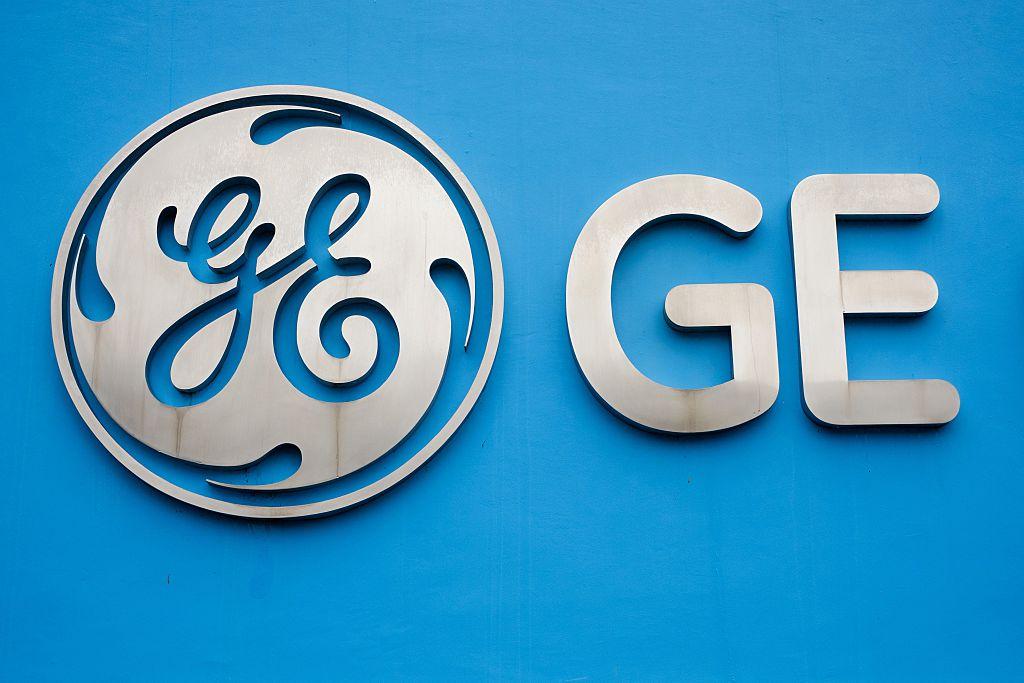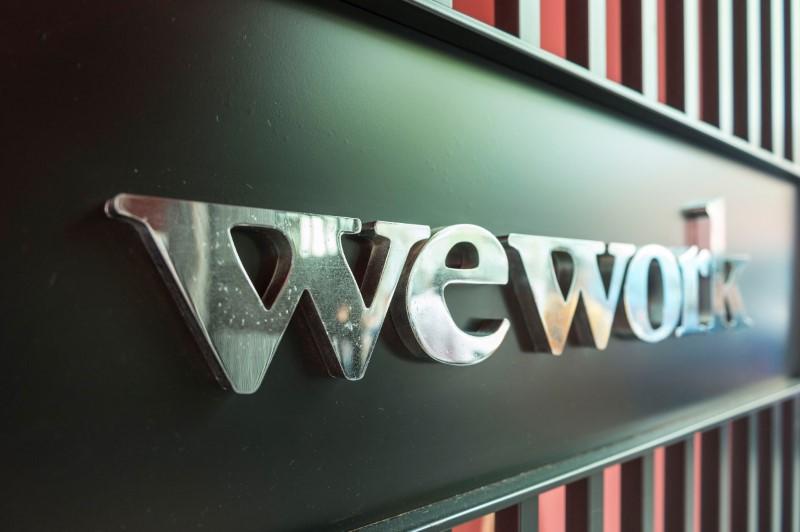The new year started on the right note for General Electric Co. investors, with shares of the industrial manufacturer sharply outperforming the broader market on the first trading day of 2019.
The gain, to the stock’s highest level in nearly a month and a half, may prove to be short-lived relief for GE’s management. They’re facing a tough few months as they push to whip the company into shape by divesting non-core businesses, fix liquidity issues and get its troubled power unit back on track. As the announcements start coming in, the company’s shares may begin inching back after 2018’s staggering 57 percent plunge.




